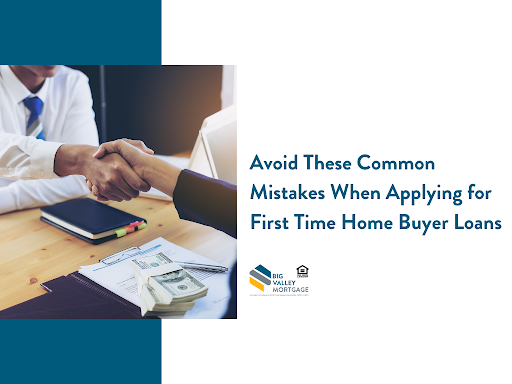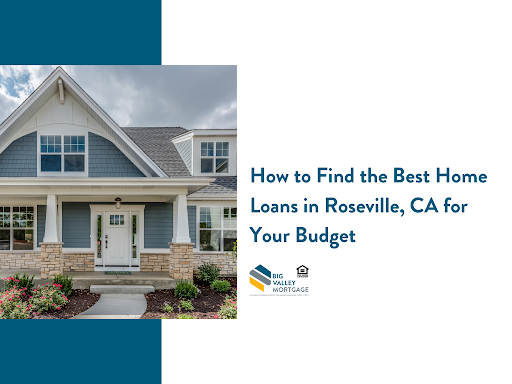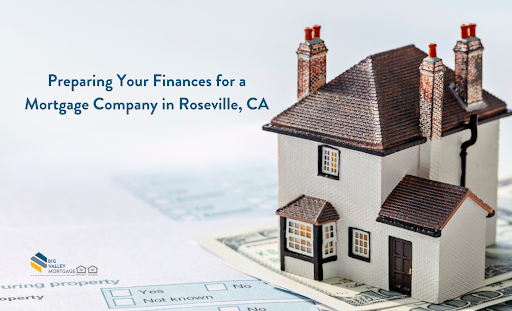VA loans play an important role in putting our military-serving citizens into a home of their own. Homeownership is important to the men and women of the U.S. armed forces — and to their families.
Here’s what you need to know about VA loans: How they work, who can get them and all the other moving parts of a VA mortgage.
What is a VA loan?
A VA loan is issued by a private lender and insured by the Department of Veterans Affairs. It’s a valuable benefit — offering a mortgage with a lower-than-most interest rate that usually requires no down payment — for qualified U.S. veterans, active-duty military personnel and certain surviving spouses.
You’ll complete the loan process with a bank, broker, credit union or online, just like everyone else, but with some key differences along the way.
Who is eligible for a VA loan?
You are likely to be entitled to apply for a VA mortgage if:
You are active-duty military
You were separated from military service in a situation “other than dishonorable discharge”
As a veteran or active military, you meet specific length-of-service requirements
You are a reservist or a member of the National Guard
You are a qualified surviving spouse of a deceased veteran
In addition, there are these requirements:
The home must be your primary residence
You must have a valid certificate of eligibility from the VA
Benefits of a VA loan
A VA loan begins with one important distinction: relaxed credit-qualifying standards.
“It is a benefit that is earned only with some degree of sacrifice,” says Mark Connors, lender liaison with the VA. “As a result, we encourage our lenders to try find ways to approve loans.”
The VA does not have a minimum credit score, and Connors offers an example of why that’s important: An active-duty service member deployed overseas unfortunately suffers a serious injury.
“She comes back home — she, her family and her support system, they’re not focused on anything financial. They’re focused on getting her back to health,” Connors says.
Following recovery, she wants to purchase a home, and is in a financial position to do so, but during her medical setback her credit score suffered a hit.
“That’s the last person in the world that VA would want to decline a loan to,” Connors adds.
While lenders often have their own credit score guidelines, those are separate from VA requirements. In this case, a lender would have the flexibility to submit such a loan application to the VA without the constraints of a required minimum FICO score.
Even still, a borrower must have at least fair credit and be able to afford a home. The VA takes a real-life view of affordability by estimating your ability to pay the home loan after accounting for other monthly expenses.
THE MAJOR BENEFITS OF A VA LOAN:
- Down payments aren’t required, unless the purchase price is more than the appraised value of the property
- Mortgage rates are typically lower than conventional loans
- No mortgage insurance is required
- Counseling is available to help borrowers retain a home through serious financial difficulties
- You can reuse your VA loan benefit
- VA loans limit the amount you can be charged for closing costs
- You don’t have to be a first-time home buyer
- VA-backed loans can be assumable — this means they can be taken over by someone you sell the house to, even if that person isn’t a service member
- A bankruptcy discharged more than two years ago — and in some cases, more than one year ago — will not preclude you from getting a VA loan
Types of VA loans
Home purchase: Loans backed by the VA are available to buy a home.
Cash-out refinance: This replaces your mortgage with a new loan, while tapping some of your home’s value.
Interest rate reduction refinance loan: An IRRRL (pronounced “Earl”) is also called a streamline refinance loan. You can replace an existing VA loan with a mortgage offering a lower interest rate, or move from an adjustable-rate loan to a fixed interest rate.
Native American Direct Loan program: This helps qualified Native American veterans buy, build, improve or refinance a home located on federal trust land.
Adapted housing grants: These assist veterans with service-related disabilities purchase, build or modify homes for better livability.
VA loan fees
While mortgage insurance isn’t charged on VA loans, a “funding fee” serves the same purpose: to help defray the expenses of foreclosing on borrowers who default. The fee ranges from 1.25% to 3.3% of the loan balance, depending on your down payment, branch of the military and whether or not it’s your first time getting one.
The VA funding fee can be rolled into your total loan package, but that will likely raise your interest rate, and will absolutely raise your monthly payment.
Though a down payment is not generally required, putting 5% or more down will reduce your VA funding fee. And a down payment will lower your monthly payment, too.
Article Source: https://www.nerdwallet.com/article/mortgages/va-home-loan
*The views, articles, postings, and information listed at this website are personal and do not necessarily represent the opinion or the position of Big Valley Mortgage.*












